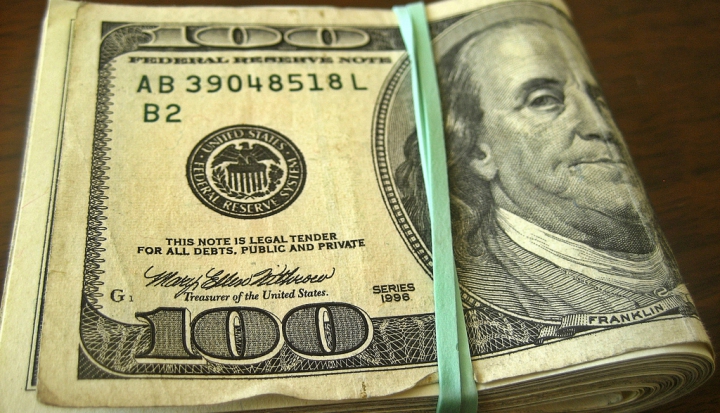Back in January, President Obama’s State of the Union address included a call to increase the federal minimum wage from $7.25 to $10.10 per hour. The minimum wage debate has been in the news quite a bit this week, as several states have opted to address the issue while Congress has not yet heeded the president’s call.
California, Connecticut, and Maryland have all passed laws that will raise their minimum wage to at least $10 over the course of the next few years, while in Minnesota, the state has just announced its minimum wage will jump from offering $6.15 to $9.50 per hour. The changes in Minnesota alone could increase the wages of up to 325,000 workers. The law also includes distinctions for large and small employers, as well as teenagers and those working to acquire job training.
"We're not giving people any ticket into the upper-middle class," Minnesota Gov. Mark Dayton said. "We're giving them hope." In the grand scheme of things, a $9.50/hour rate won’t vault people into the upper reaches of society, but it will certainly help workers have extra spending money for necessities. One low-wage worker in Minnesota, a single mother of three, noted that the change will give her more money for things such as groceries, gas, and more activities for her children. "I work incredibly hard but constantly fall behind," she said. "Those of us working low-wage jobs are willing to work hard. We want to get ahead so we are not in survival mode."
Meanwhile, in Oklahoma, Gov. Mary Fallin signed a law that prohibits local cities from raising the minimum wage within the state. (In addition, the bill also “bars localities from requiring that employees receive a certain number of sick or vacation days, either paid or unpaid.”) Some say the move came in response to a petition in Oklahoma City aiming to raise the minimum wage to $10.10/hour. "Mandating an increase in the minimum wage would require businesses to fire many of those part-time workers. It would create a hardship for small business owners, stifle job creation and increase costs for consumers," Fallin said.
In our current Sounding Board survey, economist Charles Clark of St. John’s University argues against Fallin’s reasoning, saying:
"Minimum wage increases could, in some circumstances, cause inflation, but only if wages go up faster than productivity. If the minimum wage had kept pace with labor productivity it would be more than $20 an hour today, double what the president is proposing. Also, if our economy was at full employment the extra purchasing power in the hands of low income workers might cause inflation, but we have high unemployment and the risk is towards deflation, not inflation.
Furthermore, the evidence doesn’t show that increasing the minimum wage leads to higher unemployment. In fact, the opposite is true: the number of new jobs created by increasing the purchasing power of low-paid workers, which in turn increases spending levels, outnumber the jobs that might be lost by employers deciding to lay off workers because labor is more expensive."
Clark also notes the Catholic argument that wages should provide resources to meet the material and spiritual needs of workers and their family. Let us know what you think about this important issue by reading Charles Clark’s argument and taking our survey.
Image: Flickr photo cc by 401(K)2013













